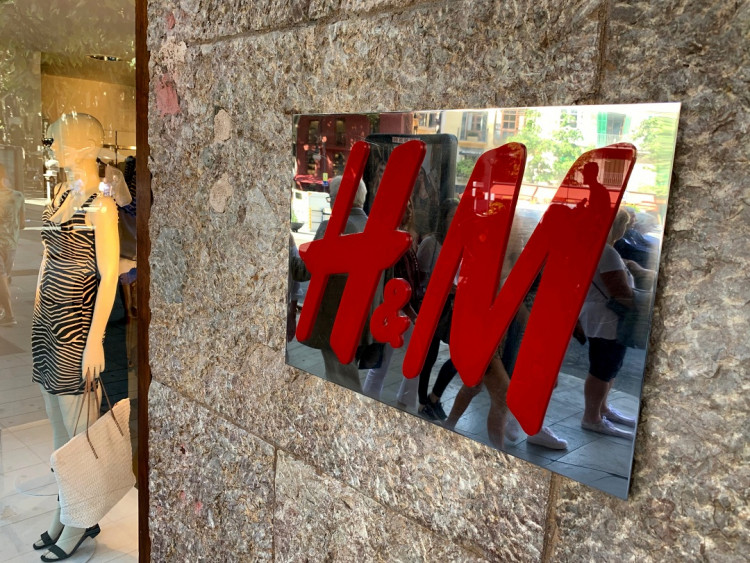The official H&M store on Alibaba's Tmall e-commerce platform has reopened, 16 months after the Chinese website had taken it down in response to the company's condemnation of the violations of human rights in Xinjiang. Chinese internet users were the first to detect the reopening, and a Tuesday (Aug 16) search of the platform by Reuters confirmed it.
The reason for the reopening was unclear, and inquiries for comment from Reuters were not immediately answered by H&.M or Alibaba.
When it was revealed that H&M had vowed not to buy cotton from China's far-western Xinjiang region due to concerns about human rights violations there, Tmall and many other Chinese platforms and applications removed references to the fashion brand.
Over a million individuals, mostly Uyghurs and other Muslim minorities, are believed to have been imprisoned in Xinjiang's extensive network of camps in recent years, according to UN experts and rights organizations. This has resulted in a massive security crackdown and an extensive state surveillance program, both of which critics claim violate Uyghur human rights.
According to China, such measures are required to combat separatism and terrorism. China disputes every allegation of abuse.
In March 2018, H&M, the second-largest fast-fashion retailer in the world, made its Tmall debut. It was one of many Western businesses involved in the March 2017 Xinjiang cotton scandal, and as one of the first to be targeted by netizens on Chinese social media, it suffered significantly.
H&M was the only company to have its online identity in China substantially diminished, but other brands like Nike, Adidas, Burberry, and Converse had celebrity ambassadors terminate relations due to their public vows not to use Xinjiang cotton.
China's largest region, Xinjiang, produces roughly one-fifth of the world's cotton. Although it is an autonomous region, in theory, it is subject to restrictions that have only increased in recent years.
Since March 2021, H&M has only been able to conduct business online in China through its own website and a small WeChat application; it has not been listed or searchable on significant third-party marketplaces like Tmall or JD.com.
H&M shut down its main physical location in Shanghai in June, citing lockdowns in China's financial center and customer reaction over the Xinjiang cotton dispute. With the inauguration of its three-story flagship store in China in 2007, H&M quickly grew in the country. Early last year, there were more than 500 of them in mainland China, but as of now, only 375 are listed on the website.






